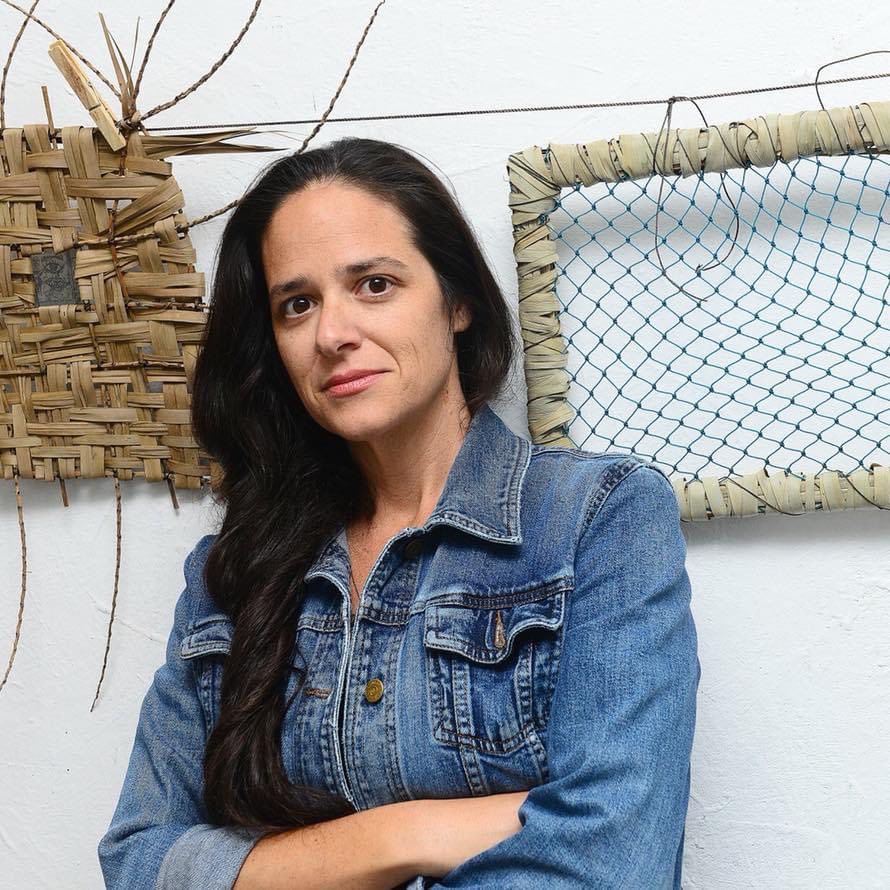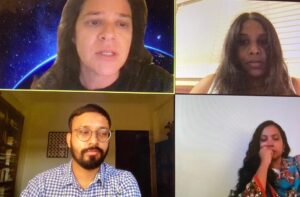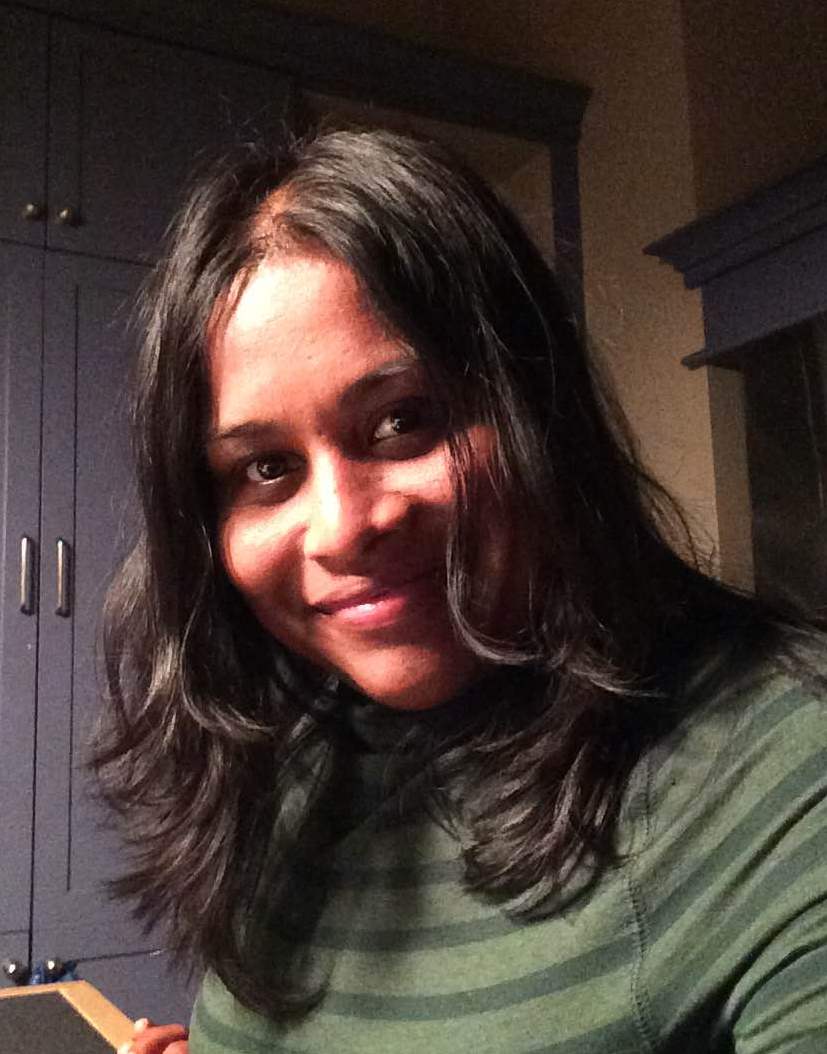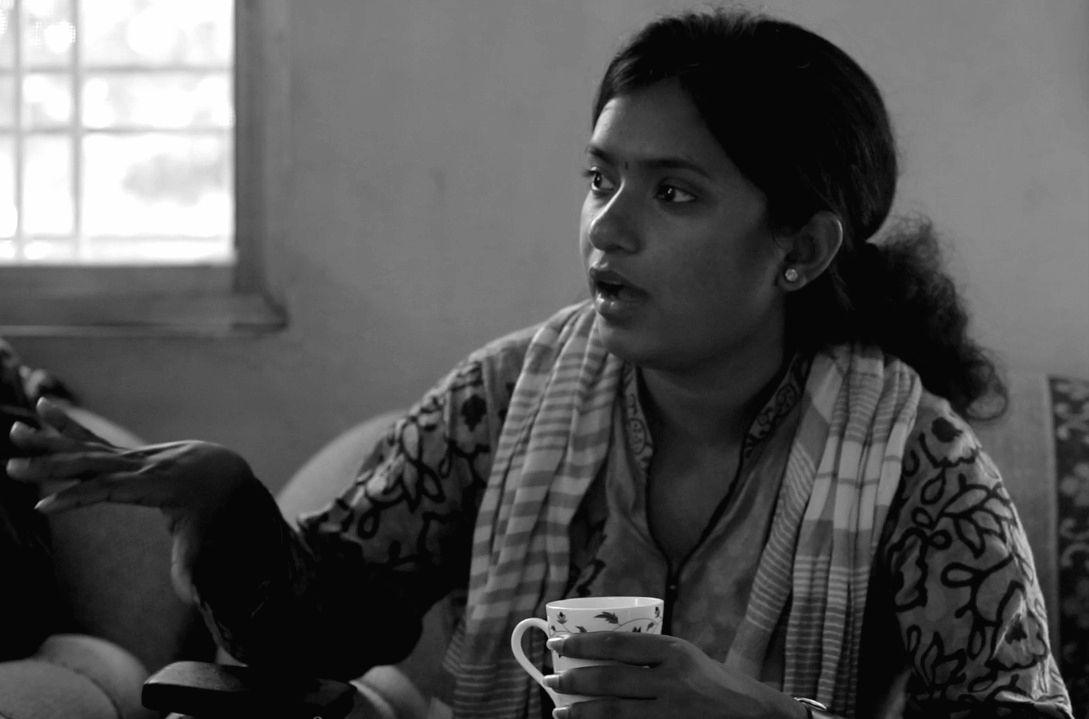Monique Verdin
The fifth volume of Prabuddha: Journal of Social Equality has been published and it carries articles by women authors from anti-caste thought and indigenous radical movements in the USA. SAVARI is happy to share an excerpt from: Houma Nation: Place of Many Tongues, Prabuddha: Journal Of Social Equality, 5(1), 11-22
 Abstract: Monique Verdin is a daughter of southeast Louisiana’s Houma Nation. In this conversation with Pradnya Garud, Pushpendra Johar, and Noel Didla she discusses the complex interconnectedness of environment, economics, culture, climate, and change that have inspired her to intimately document Houma relatives and their lifeways at the ends of the bayous, as they endure the realities of restoration and adaptation in the heart of America’s Mississippi River Delta.
Abstract: Monique Verdin is a daughter of southeast Louisiana’s Houma Nation. In this conversation with Pradnya Garud, Pushpendra Johar, and Noel Didla she discusses the complex interconnectedness of environment, economics, culture, climate, and change that have inspired her to intimately document Houma relatives and their lifeways at the ends of the bayous, as they endure the realities of restoration and adaptation in the heart of America’s Mississippi River Delta.
[…]
Pushpendra: You used another interesting word, “sovereign,” and where we are, we don’t associate that word with America because it is a country that is busy undermining everyone’s sovereignty in the world. What does it mean for somebody who lives in that country, and asserting that sovereign existence from within?
Monique: The undermining of our sovereignty, I think, has been this strategic disconnection from natural resources. For us, that legacy goes back to clearcutting of forests in the 17th century, through the plantation economy to the corporate stranglehold that the oil and gas industry has on our economy, our environment, and our culture at this point in time. Many of my cousins who are Houma will work part-time as welders offshore or in the oil fields, and they work the other part of the year as shrimpers. They ride the boom and bust—like right now, oil is low, so people are trying to go back to traditional fishing, crabbing, oystering or shrimping. We’ve been under such assault—forced off the high ground, then forced off the low ground because of what’s underneath—that we’ve been in a very reactionary space. And now we have these unprecedented events of historic flooding, and the strongest storms that have ever been recorded in this part of the world.
I think that to be sovereign would be, to be able to protect the land and the waters that have been promised to us, and that have been our birthright. That is at the core of sovereignty—the ability to protect the land, the water, and the living beings that inhabit those spaces. When you start thinking about government, nations, and authority and all of that, it gets really murky. I don’t think of South Louisiana, really, as being part of the United States in my head. I think of it as being an “other,” and it’s treated in this very other kind of way.
The United Houma Nation is not federally recognized, but is recognized by the state of Louisiana. Why, I’m not sure. I think partly it’s because we couldn’t be denied, because we’ve been in the history books since the state started. We can’t be denied but we can’t be recognized, which is confusing. Prior to the Obama administration, in the matrix of requirements for Federal recognition, blood quantum was a big one: what percentage of indigenous blood do you have? So it’s back to this paper trail, they wanted everyone’s birth certificates, or baptismal certificates; but we’re really not paper people, and we have hurricanes all the time. And documents held in the courthouse would just disappear—that was strategic and tied to white supremacy and segregation.
Pushpendra: Tribe is another invention. People don’t think of themselves as tribes, they think of themselves as people, and then someone from outside says you are a tribe or an ethnic group. Having acknowledged that, what does it mean to be a tribe in the US today? You just said to prove this tribal identity puts the burden on the people.
Monique: Going back to the word Indian or tribe in common language, a lot of Houma people would use those words and not think about where they come from, what they mean, or how maybe it’s not good to use them. I think they’re attached to them in this very prideful way: “I’m from the Houma tribe.” We’ve been conditioned to think that’s normal. When I think about what the word tribe should mean, or what the word nation should mean, really, it’s that there is this interconnected community, interdependent, that we may not always be standing next to each other, but we are always bound to each other and in solidarity and safekeeping. My grandmother would tell me about her life, but she never would say tribe. There are indigenous nations in the U.S. that do identify as being a tribe, and maybe that’s just an archaic thing that they’ve held on to. Some have changed to nation, some haven’t. It means different things to different people. In the colonizer’s mind, if you call people a “nation,” that means they have some sort of sovereignty, but if you call them a tribe, they’re an organized body, but they’re savage. [..]
Read the full article here: Prabuddha: Verdin, M. (2021). Houma Nation: Place of Many Tongues. Prabuddha: Journal Of Social Equality, 5(1), 11-22.



